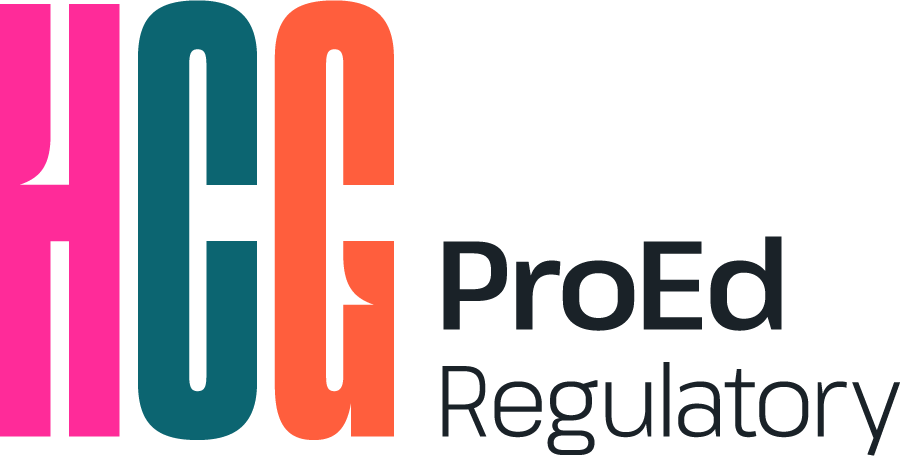Pitfalls of Accelerated Approval: What Happens When Confirmatory Trials Fail?
The accelerated approval (AA) pathway was introduced in 1992 (in response to the AIDS epidemic) to shorten the FDA approval process for drugs to treat serious or life-threatening diseases or rare diseases where there is a high unmet medical need. AA allows for drugs to be approved on the basis of surrogate endpoints that are…
